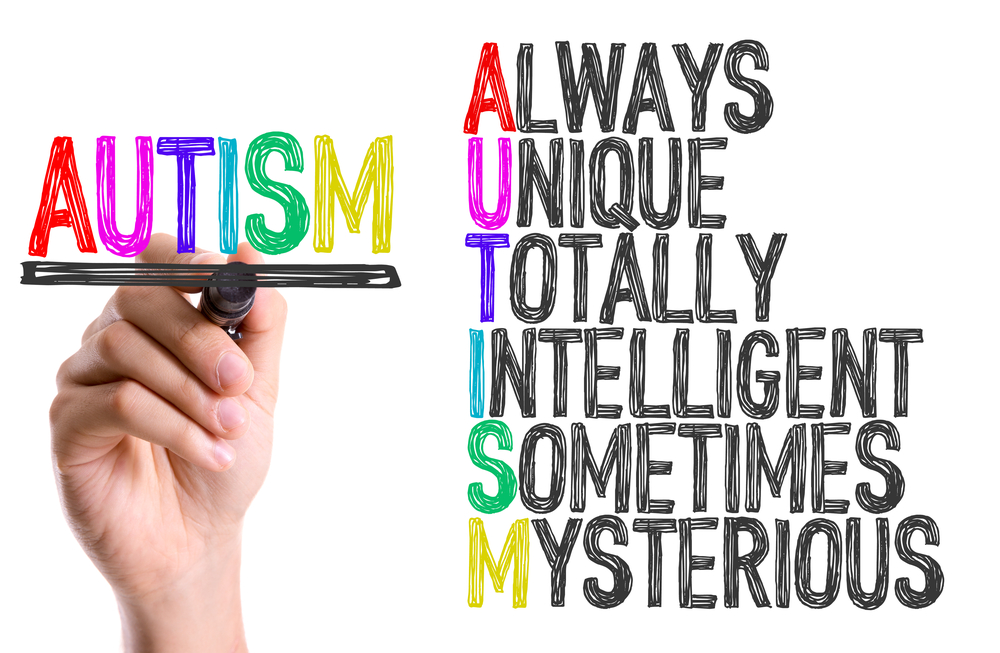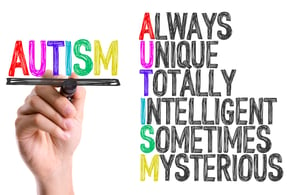April is World Autism Month
Posted by May Recreation Content Team on

 April is World Autism Month. Now is the best time to increase awareness of this condition that affects so many children. The Centers for Disease Control reports that one in every 59 children is diagnosed with some form of autism. Autism can affect children from all ethnic and socioeconomic groups, but males are four times more likely to be diagnosed than females. Awareness of the prevalence of autism is the first step toward helping children and their families who suffer from this issue. One place that everyone can help kids with autism is on the playground.
April is World Autism Month. Now is the best time to increase awareness of this condition that affects so many children. The Centers for Disease Control reports that one in every 59 children is diagnosed with some form of autism. Autism can affect children from all ethnic and socioeconomic groups, but males are four times more likely to be diagnosed than females. Awareness of the prevalence of autism is the first step toward helping children and their families who suffer from this issue. One place that everyone can help kids with autism is on the playground.
Autism and the Need for Play
Autistic children have a need for play. Play allows autistic children to engage with the world on their own terms, without the social constraints and requirements that the world places on the rest of us. Through play, autistic children can express themselves without words and release pent-up frustrations and anxiety they may feel about being unable to communicate in a way they feel comfortable with. Playgrounds can be a valuable resource in helping autistic children to interact with their world and other children in a non-confrontational setting.
Autistic Children Need Different Kinds of Play
Parents of autistic children are keenly aware that their kids need different kinds of play than other children. Autistic kids may prefer to play alone rather than in groups. They may have a desire to line up toys or organize them into repeating patterns. They may repeat play actions again and again. Autistic kids may enjoy outdoor activities they can do by themselves, rather than something like team sports that require the participation of other children.
Inclusive Playgrounds Benefit Kids with Autism
Inclusive playgrounds feature a variety of equipment that appeals to all kinds of children, including those with autism, removing physical and social barriers to inclusion and allowing all children to enjoy a sensory-rich environment on their own terms.
Autistic children may feel crowded or intimidated in a playground that lacks enough open space. One aspect of an inclusive playground is that it supports activities that don’t involve play equipment, such as cartwheels, spinning, pacing or something else. Another feature is wheelchair accessibility, as many autistic children have one or more physical disabilities in addition to emotional challenges. Yet another possible feature of an inclusive playground is equipment that can be used either solo or with others. This includes things like:
- Sandboxes
- Slides
- Jungle gyms
Tips for Getting an Inclusive Playground in Your Community
If your local park or community lacks an inclusive playground, there are things you can do to help build awareness about the need to consider the needs of all children, including those with autism. It may help to pool resources with a local pediatrician, who can vouch for the special play needs of autistic children. You may also want to gather price estimates for inclusive playground equipment to present to your local town council.
If you would like advice or assistance in building an inclusive playground in your community, please contact us today. We’d be happy to talk to you about options, pricing and other available resources.

